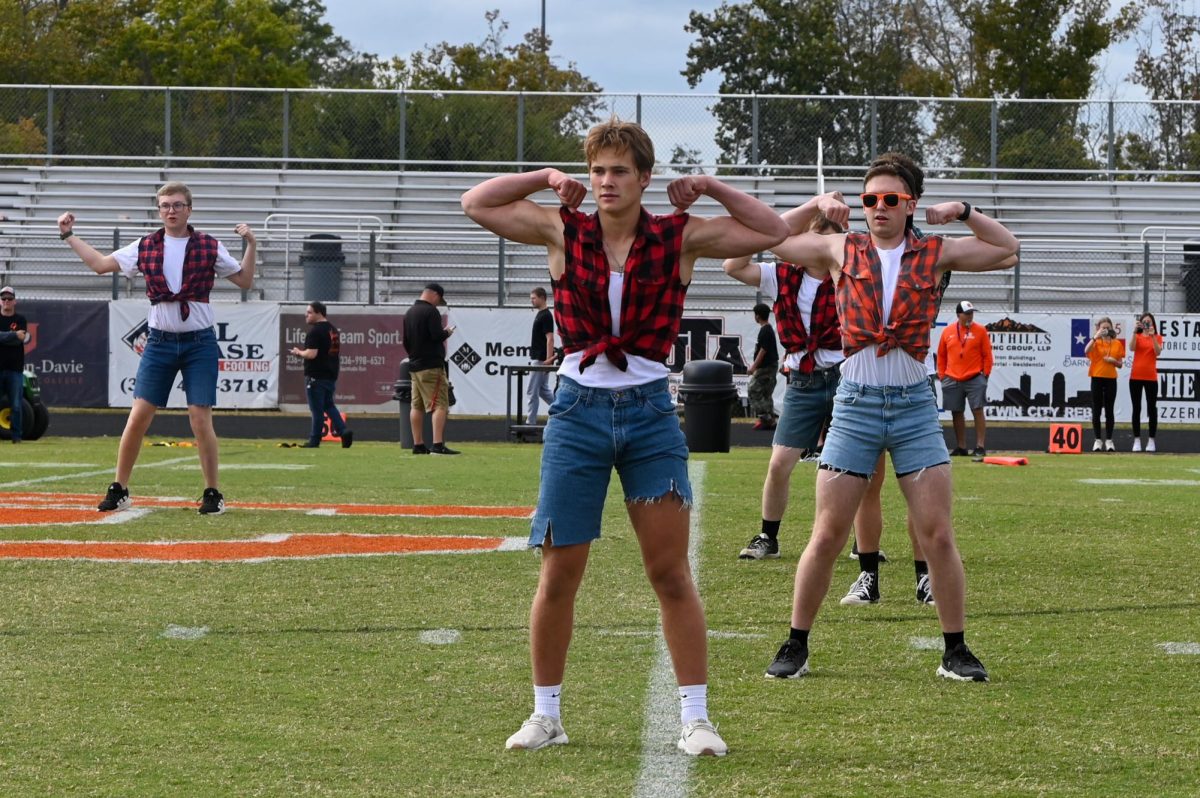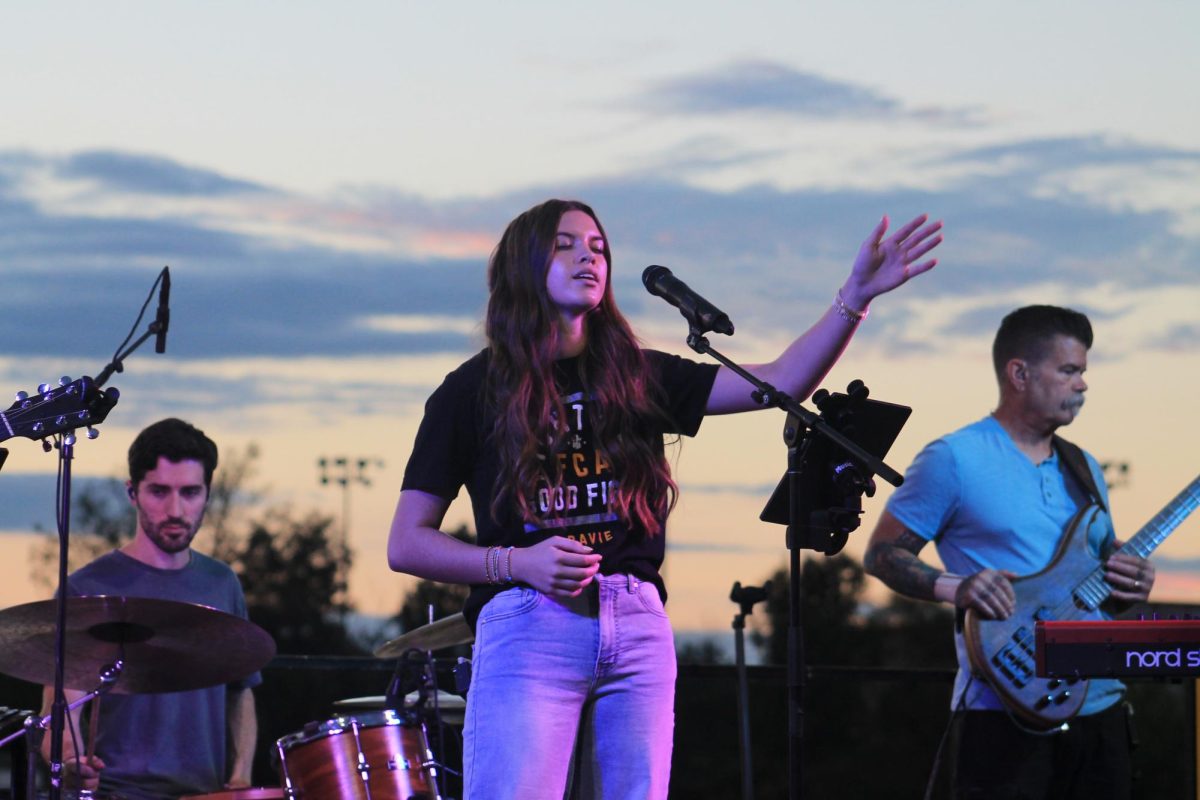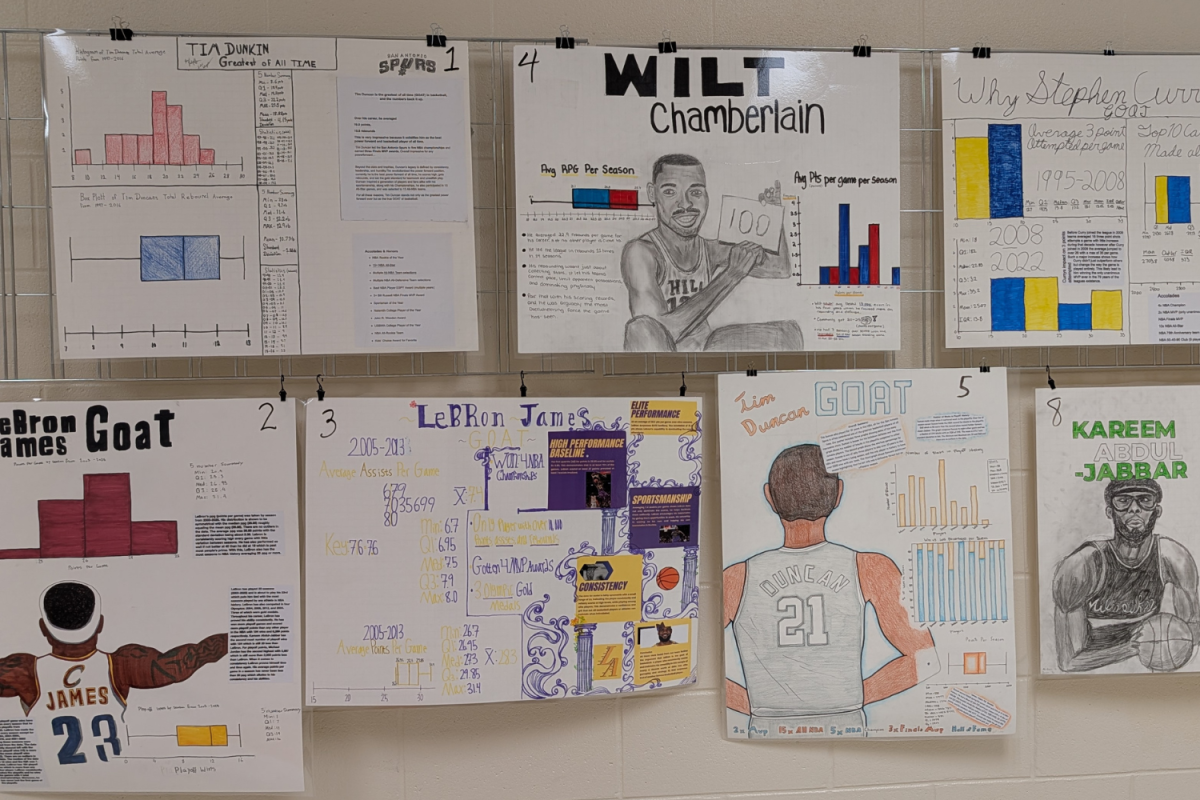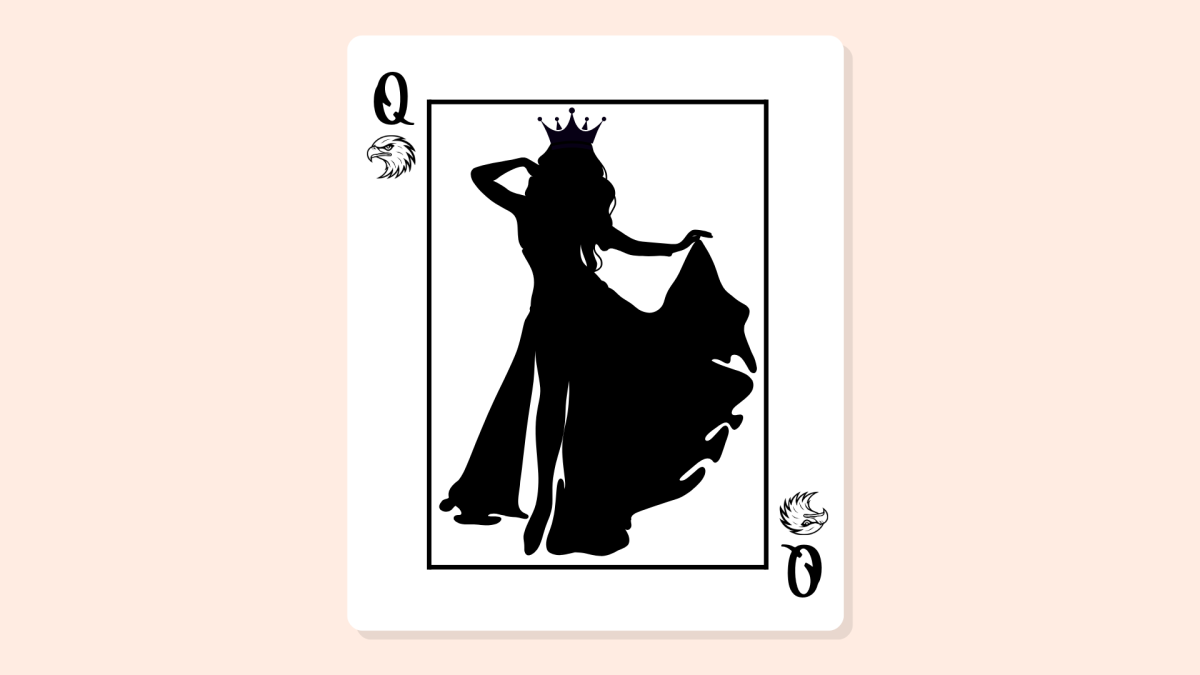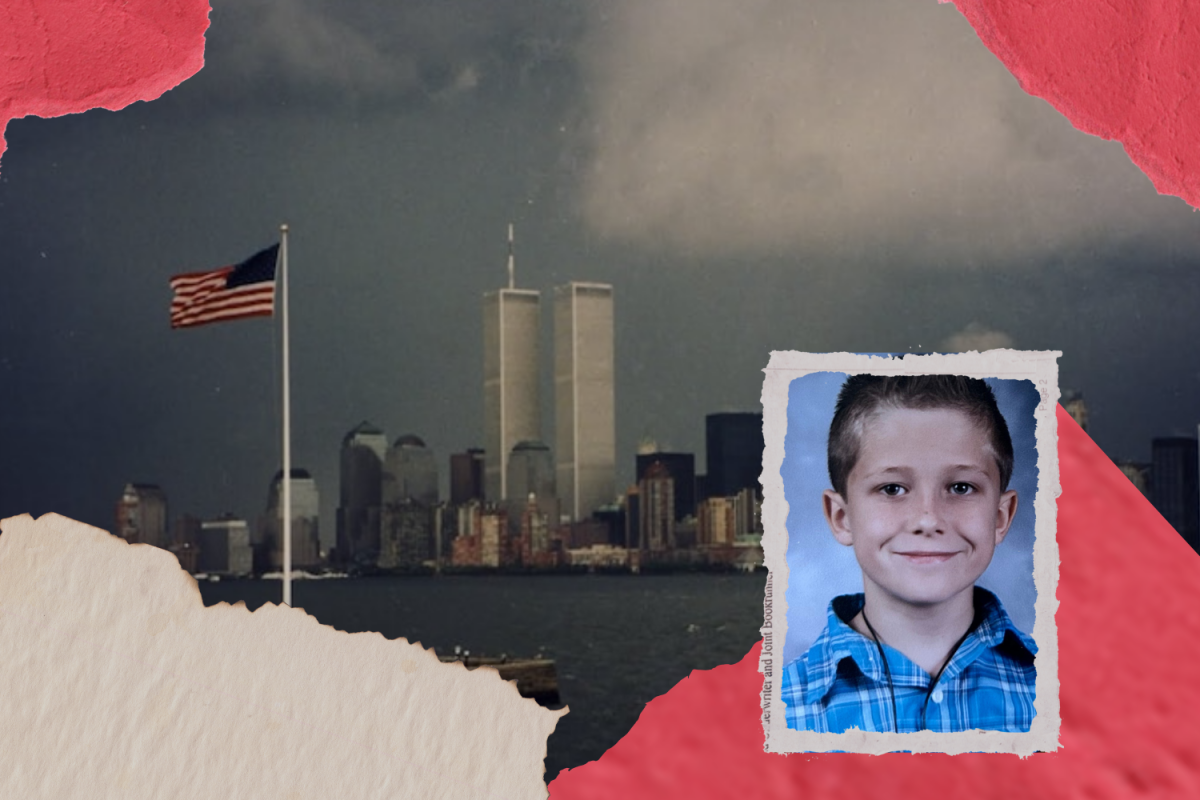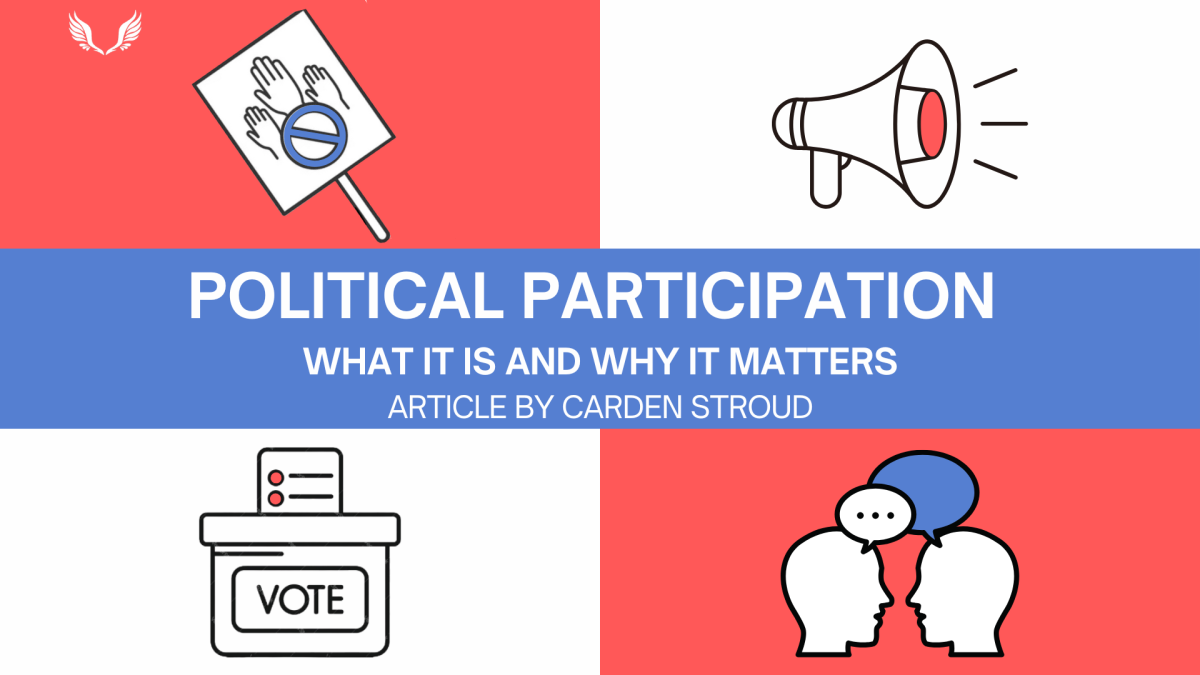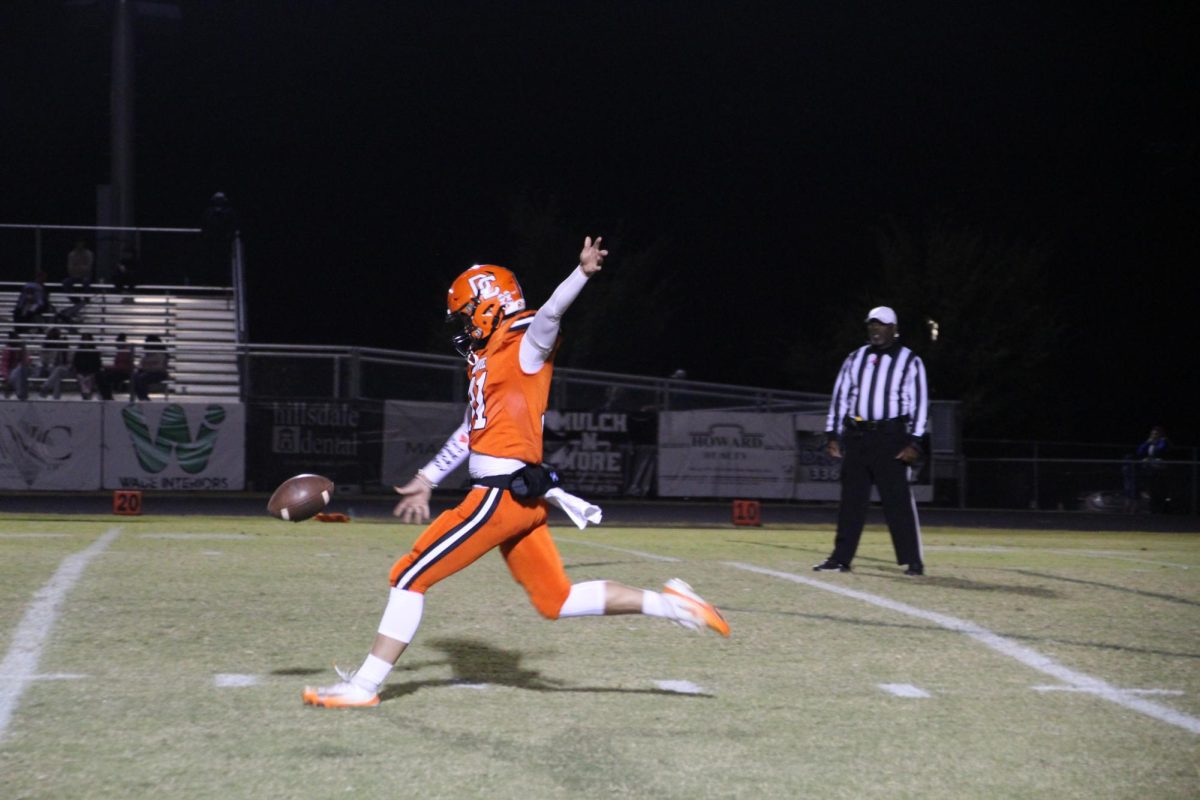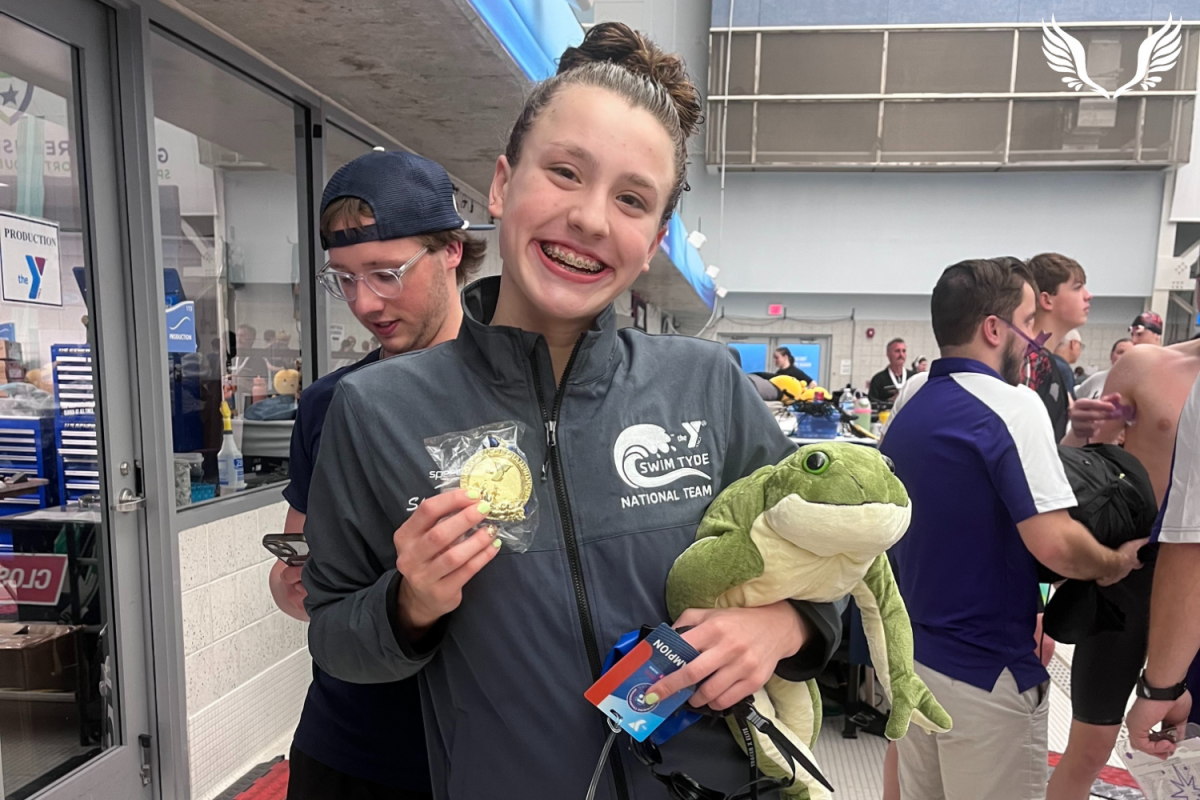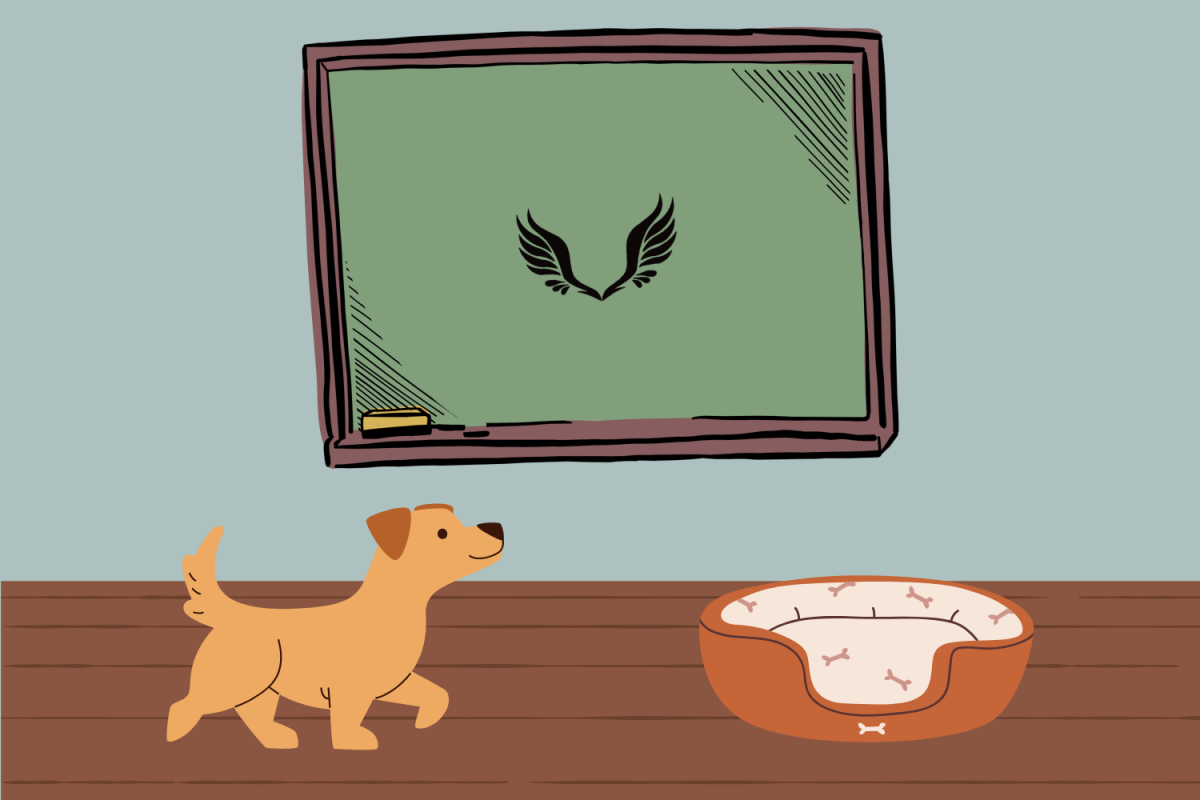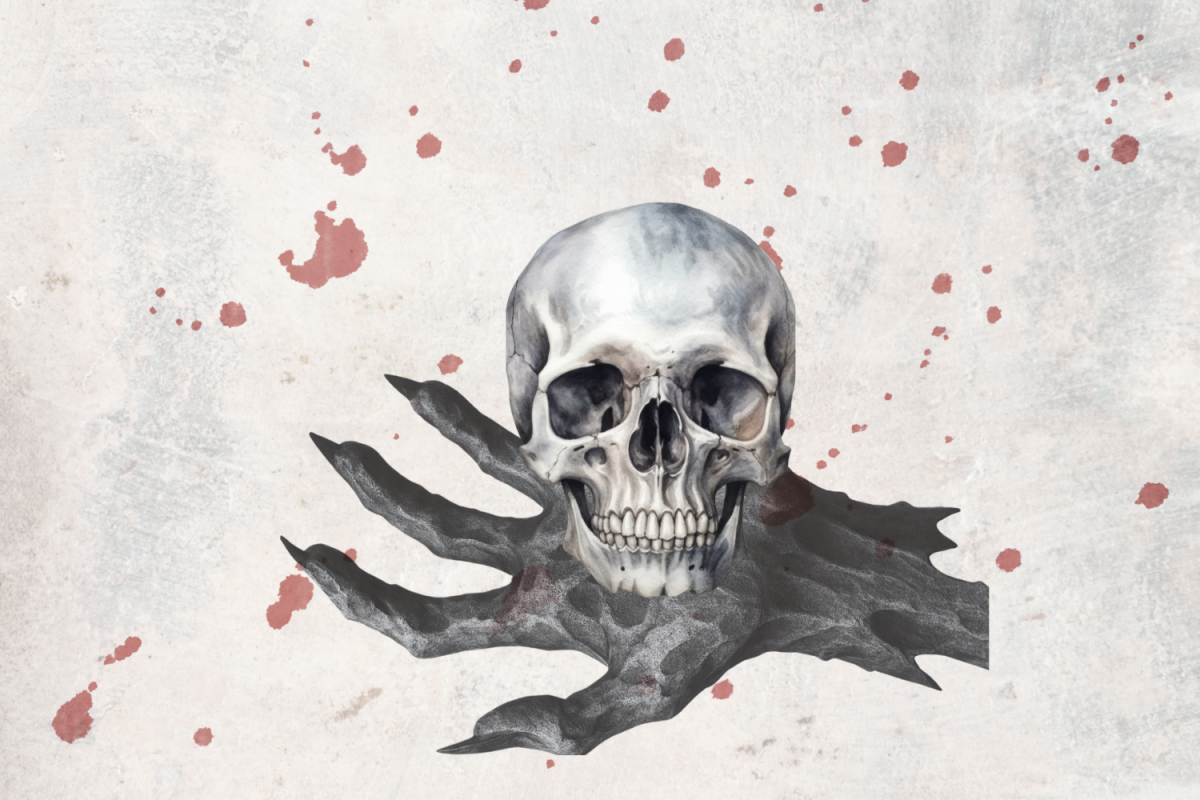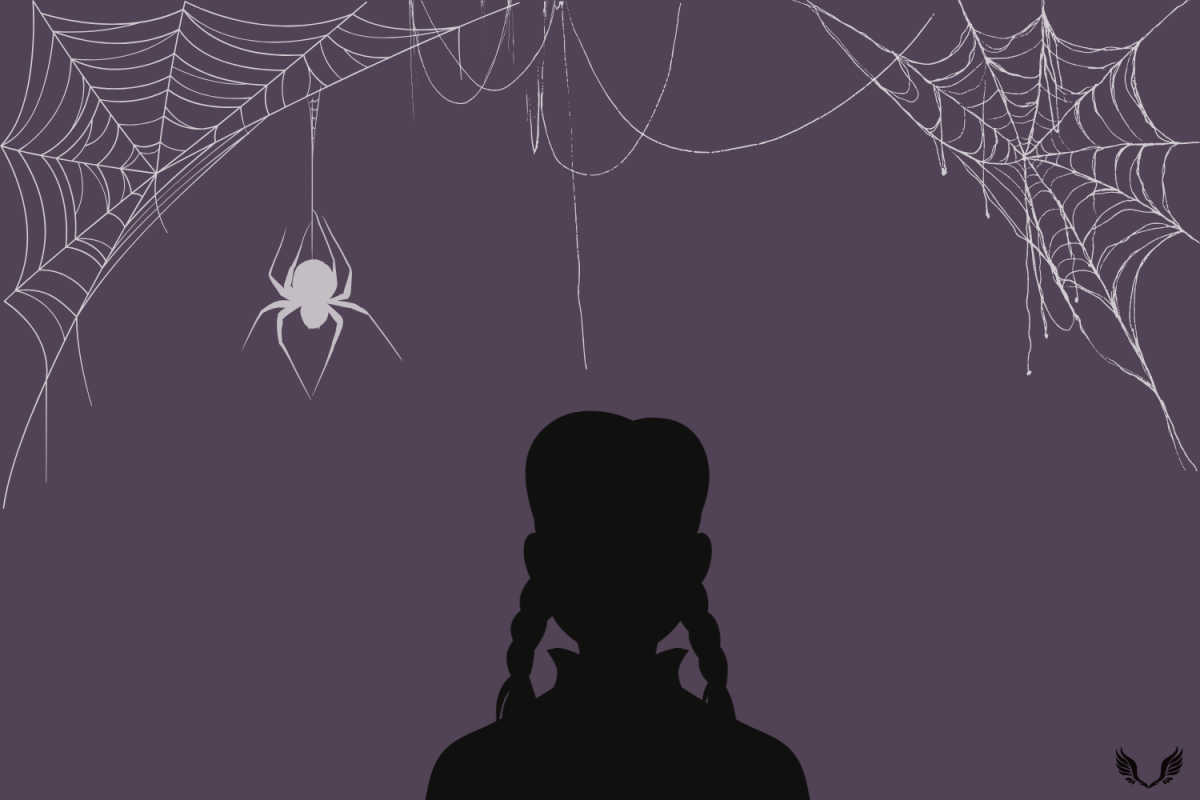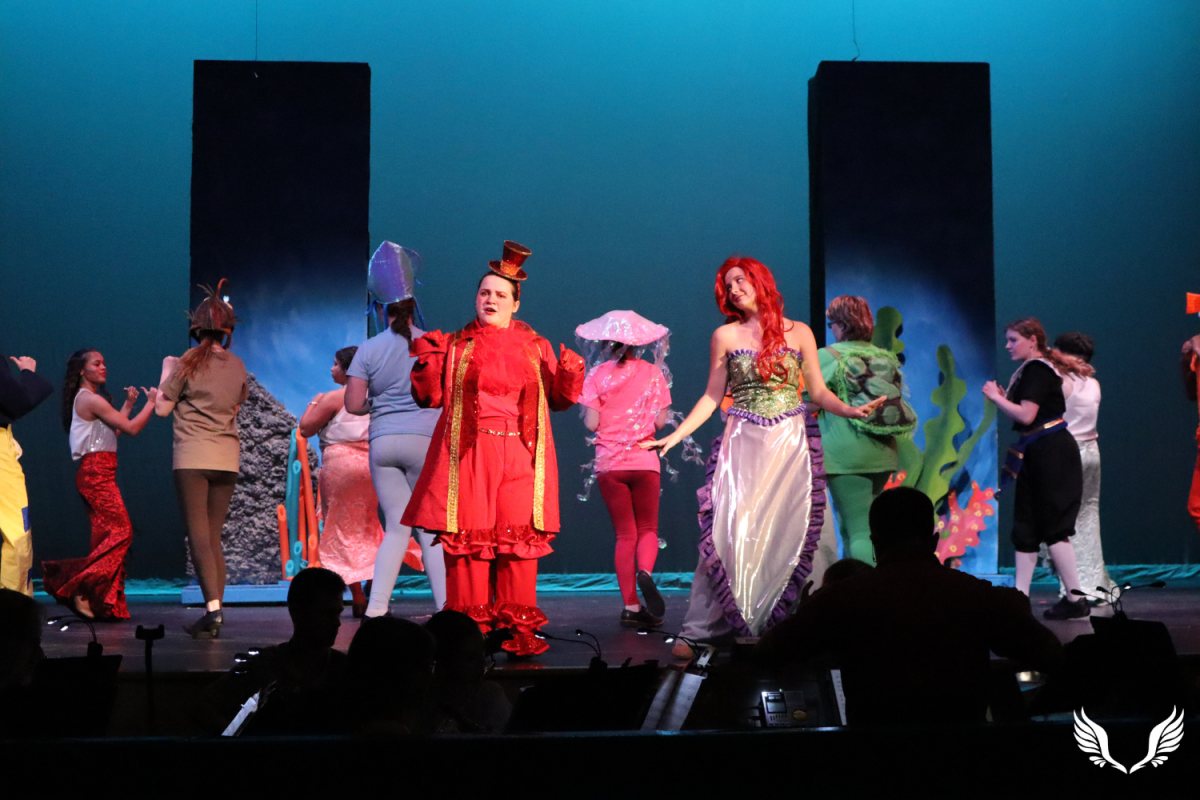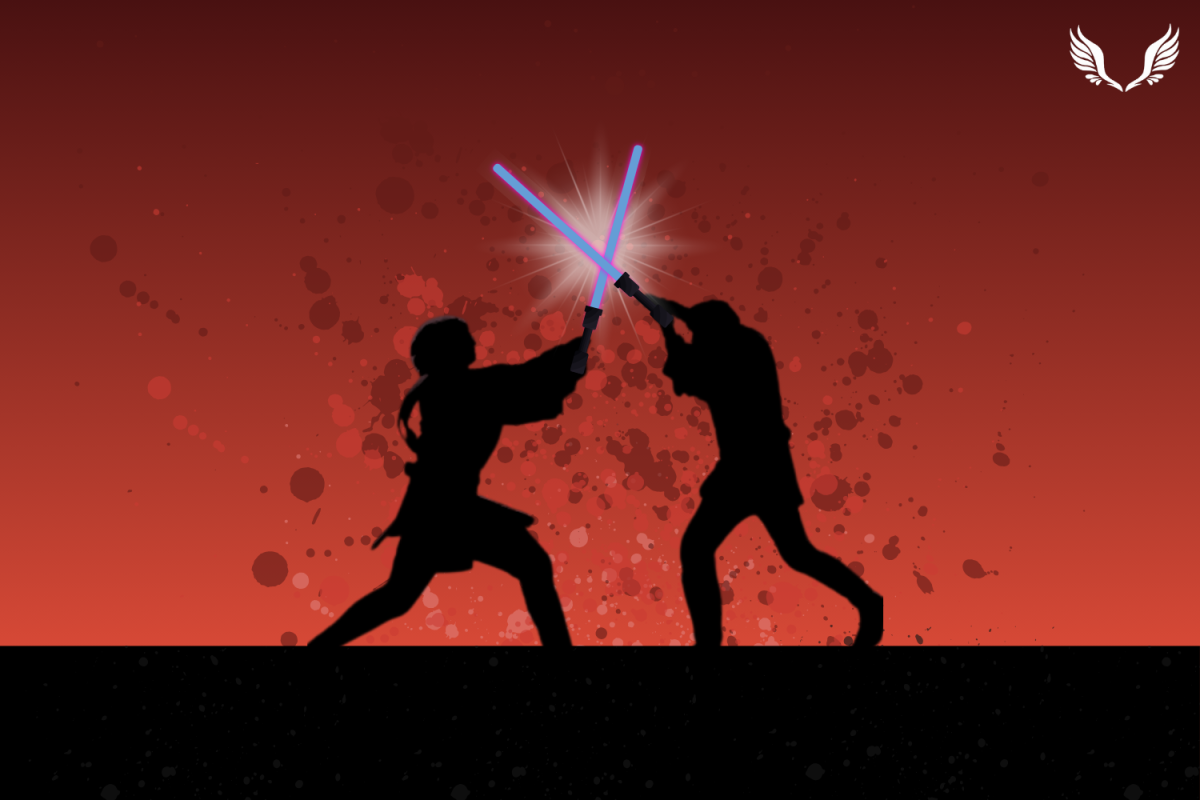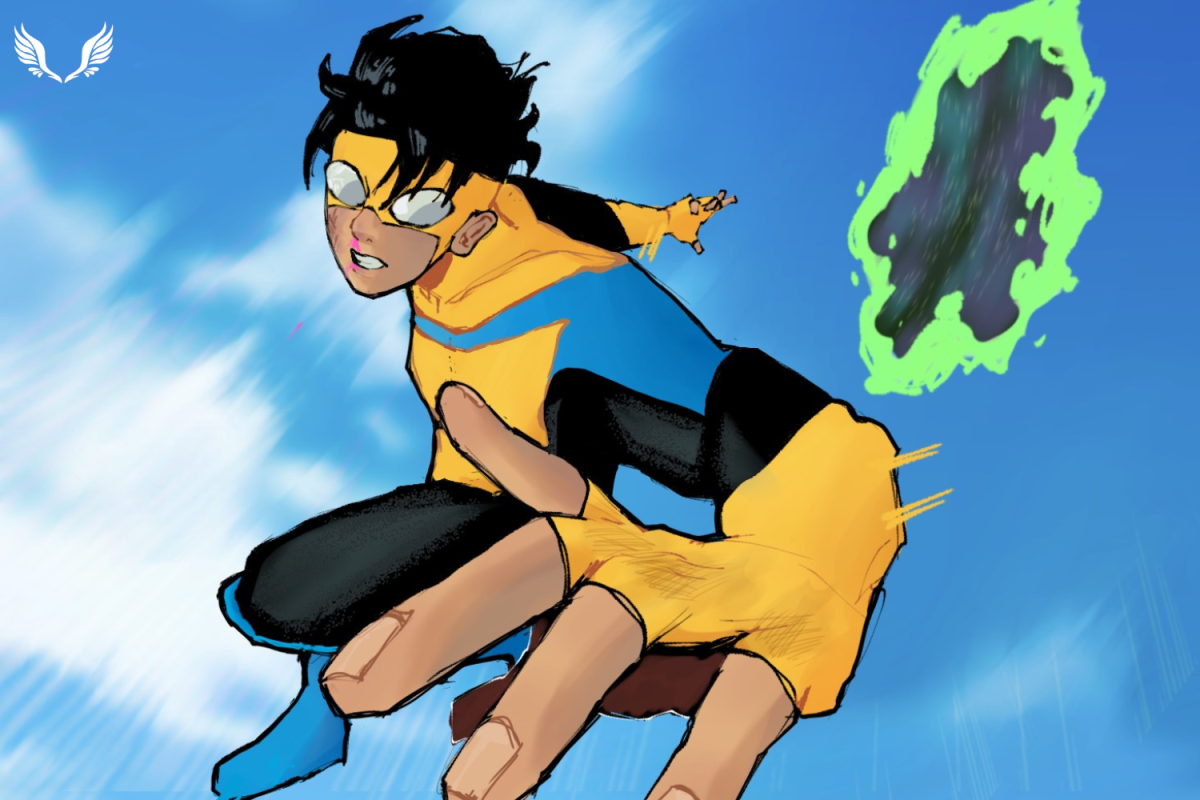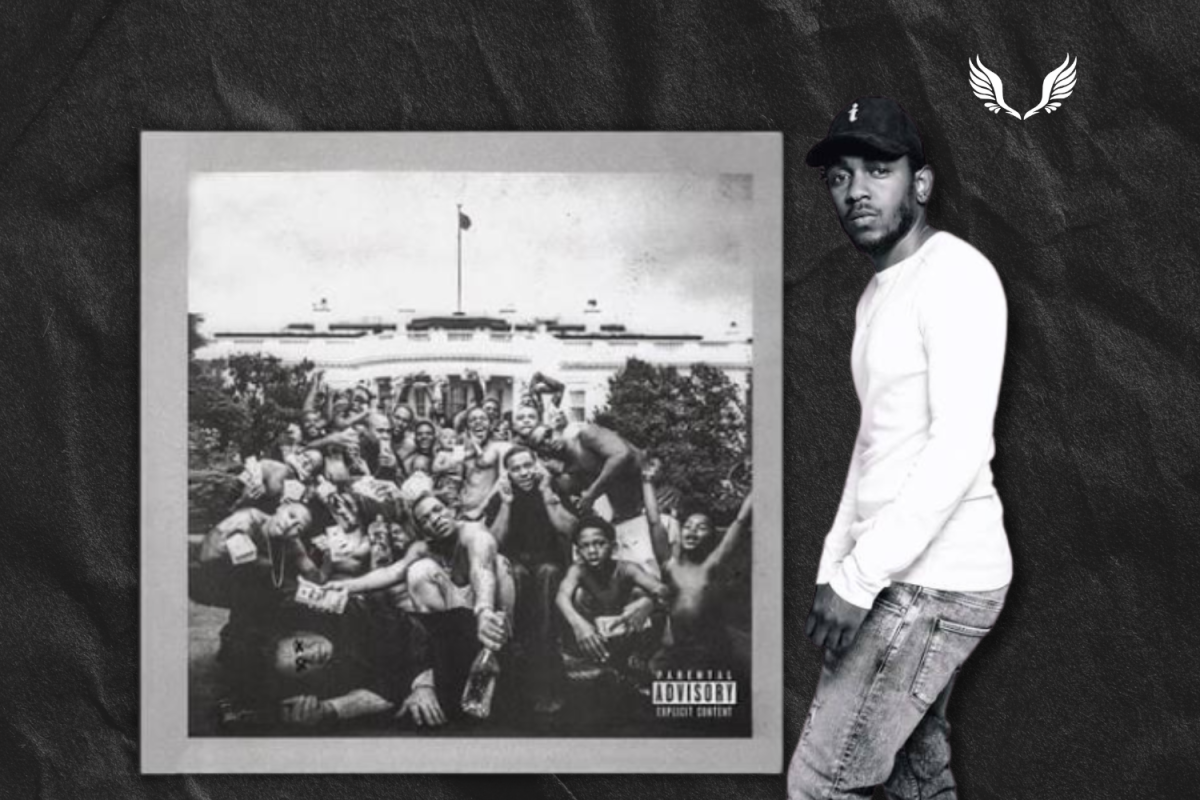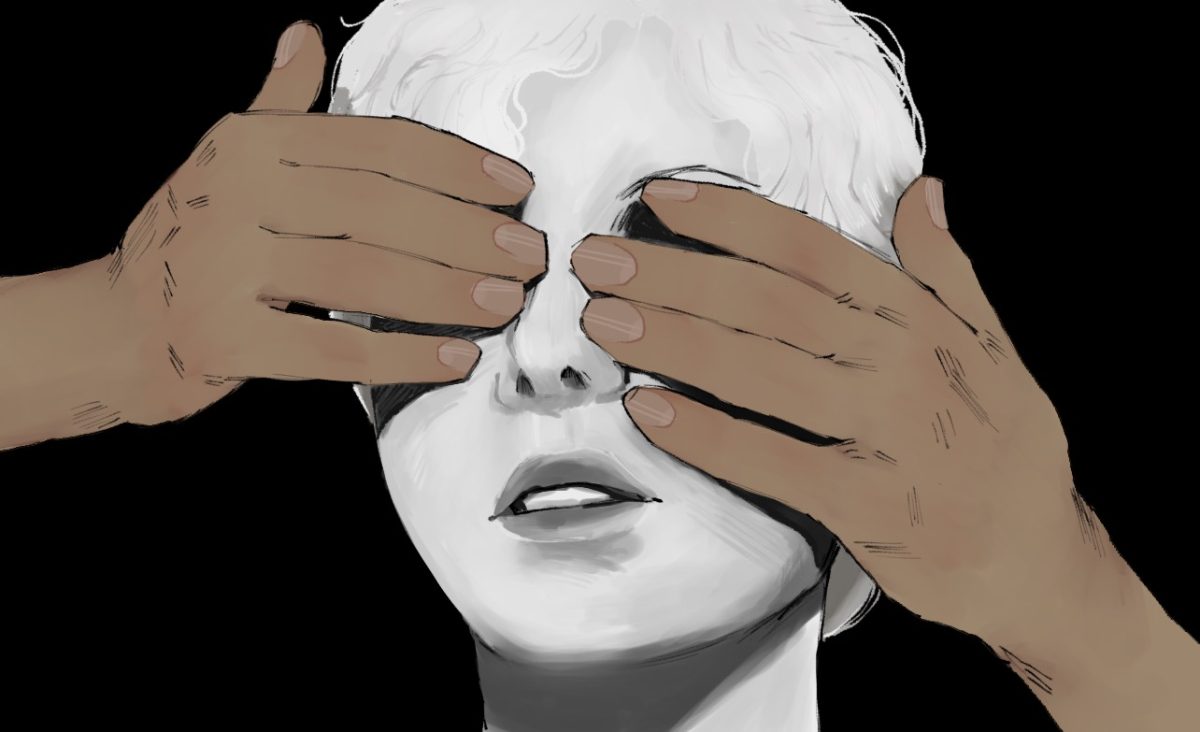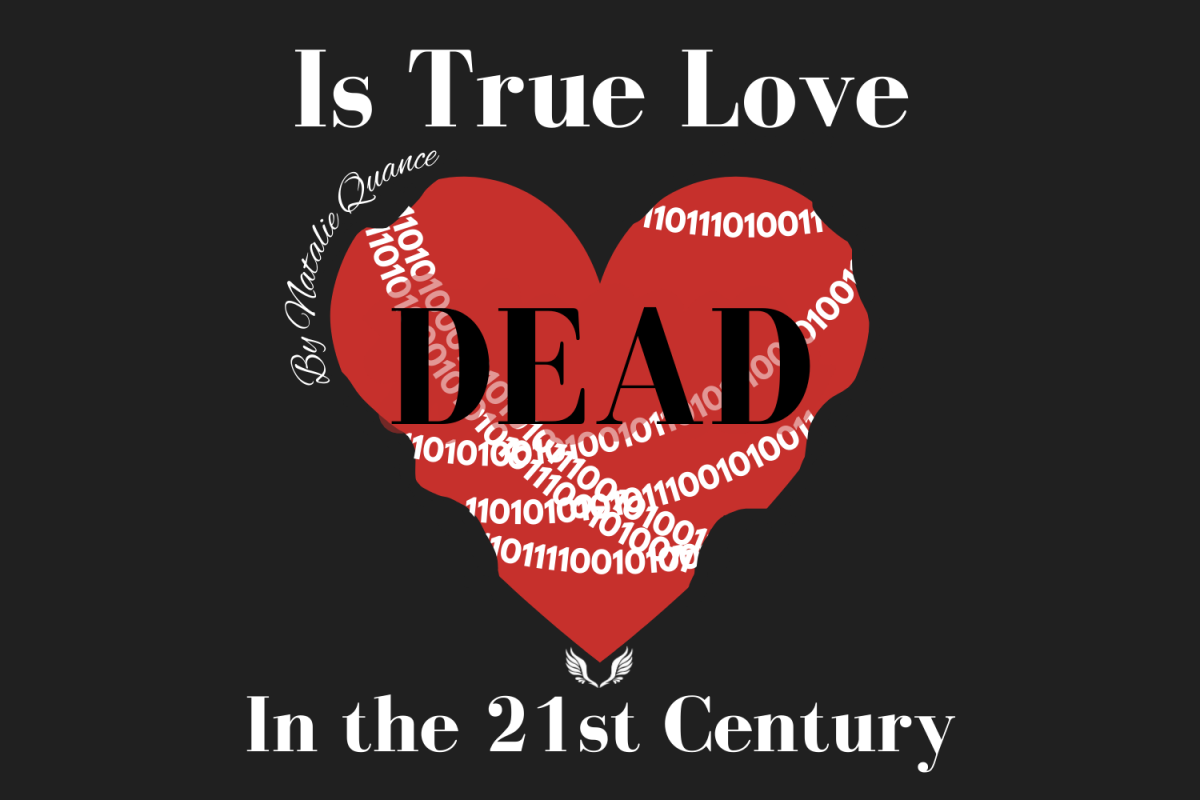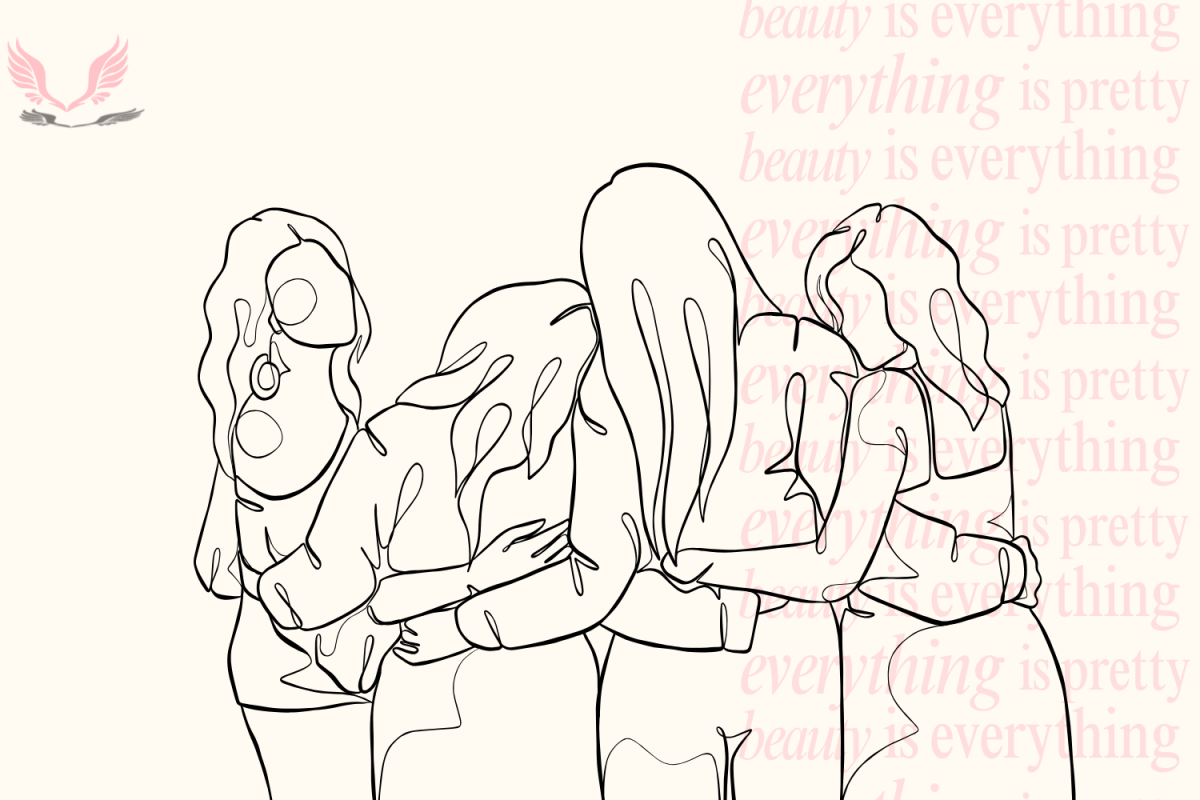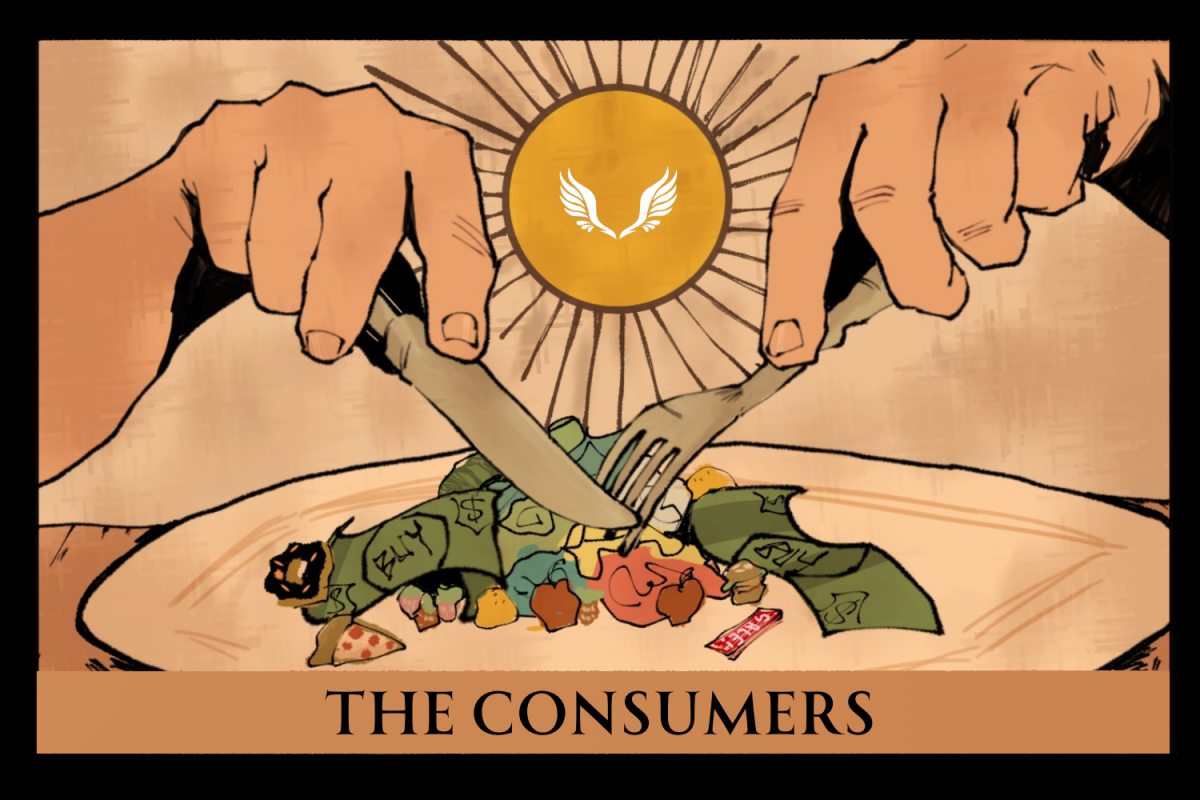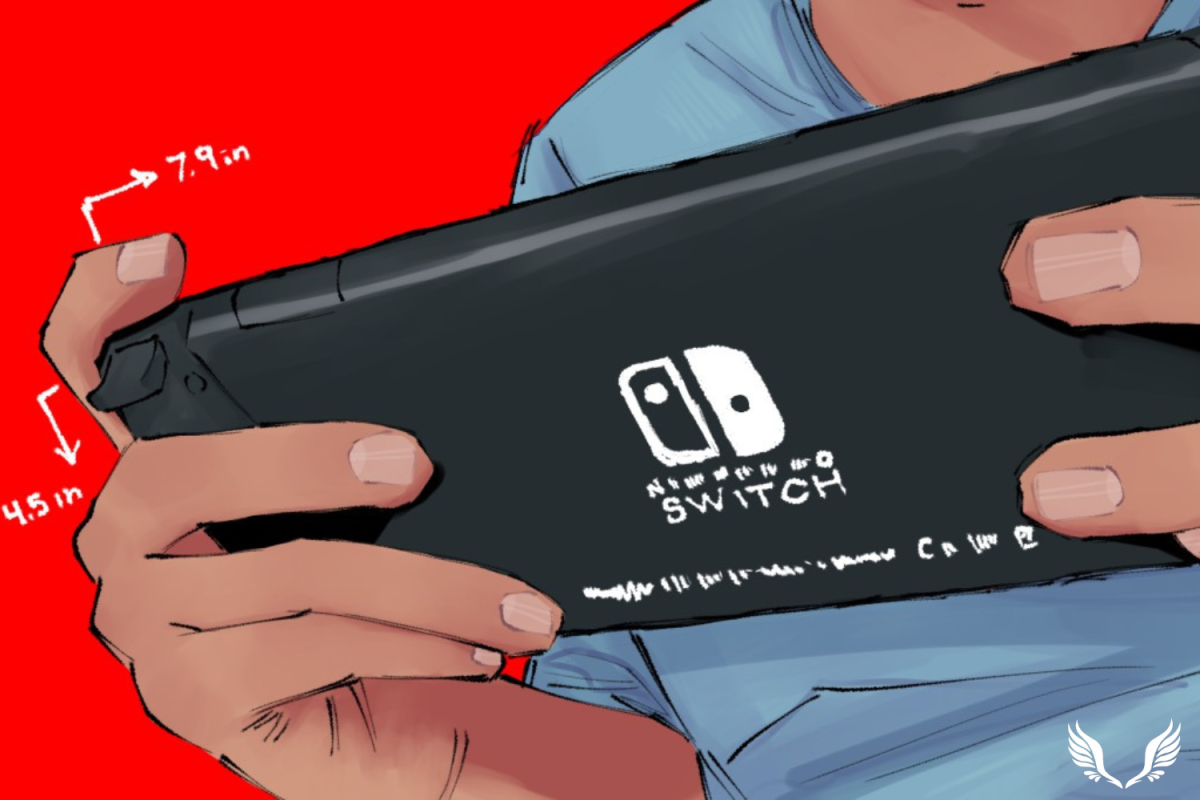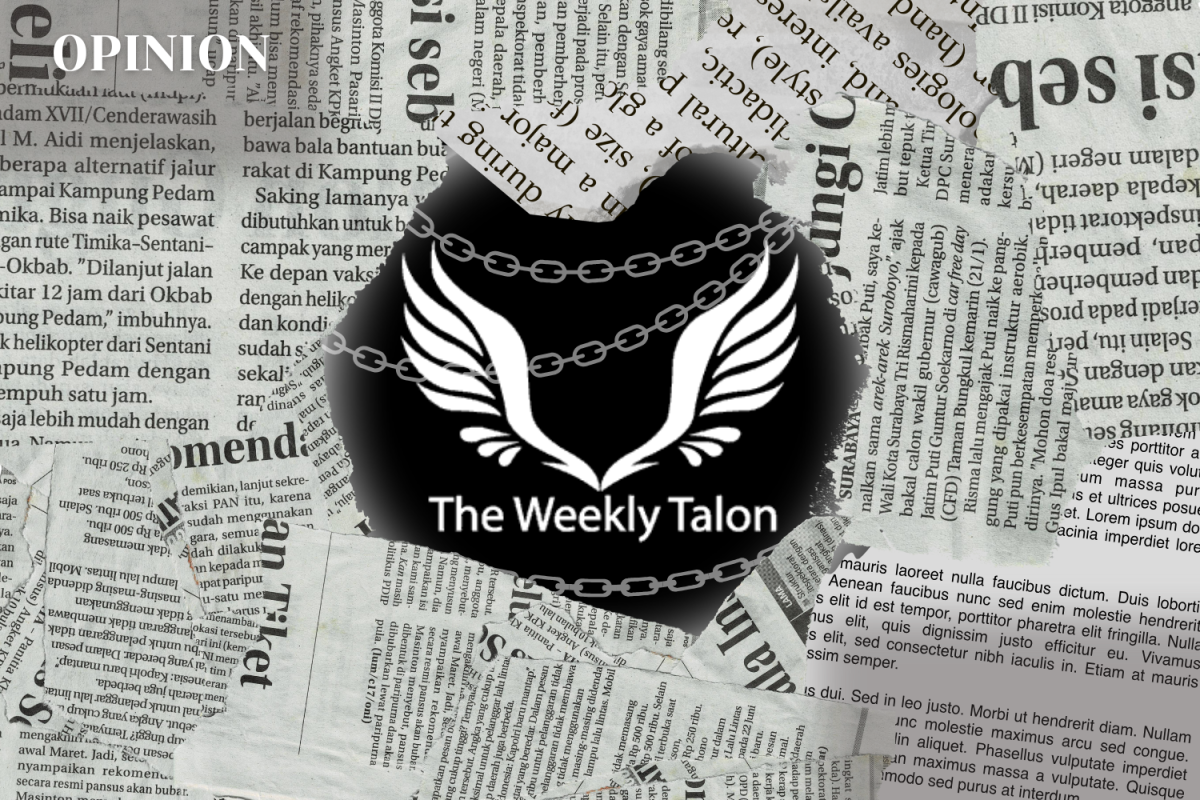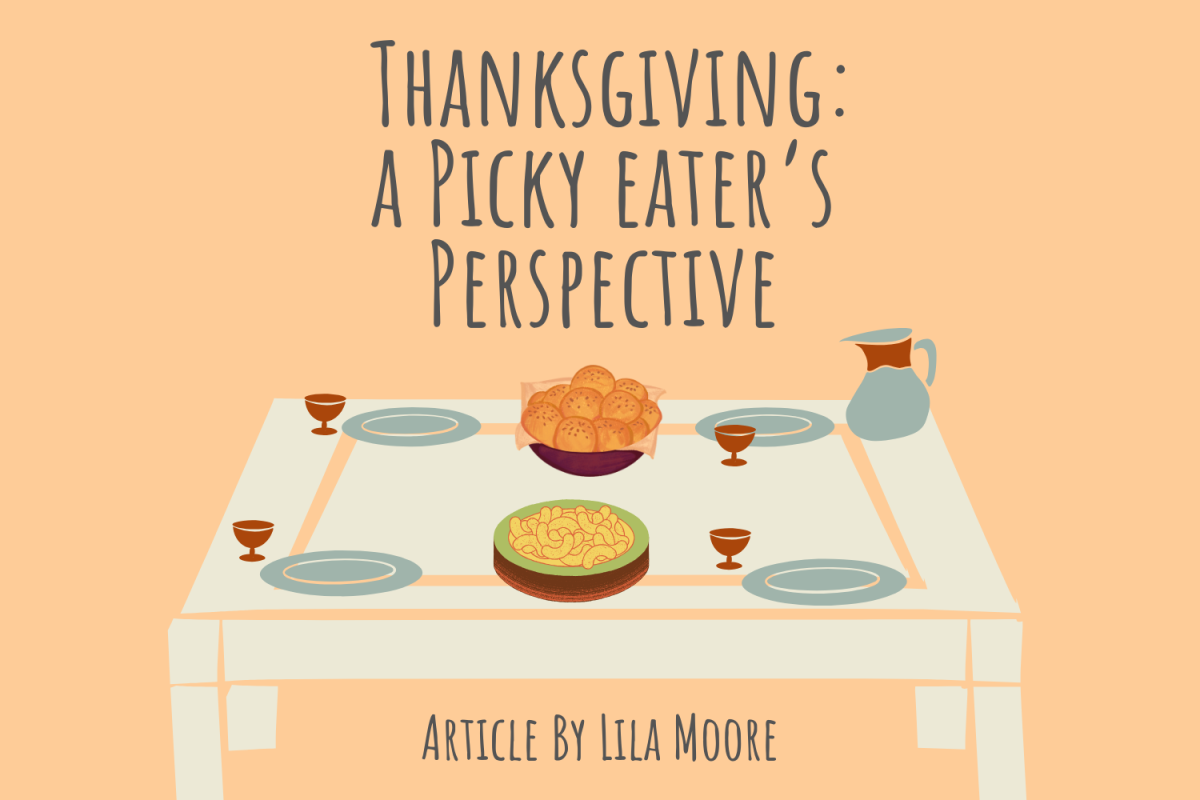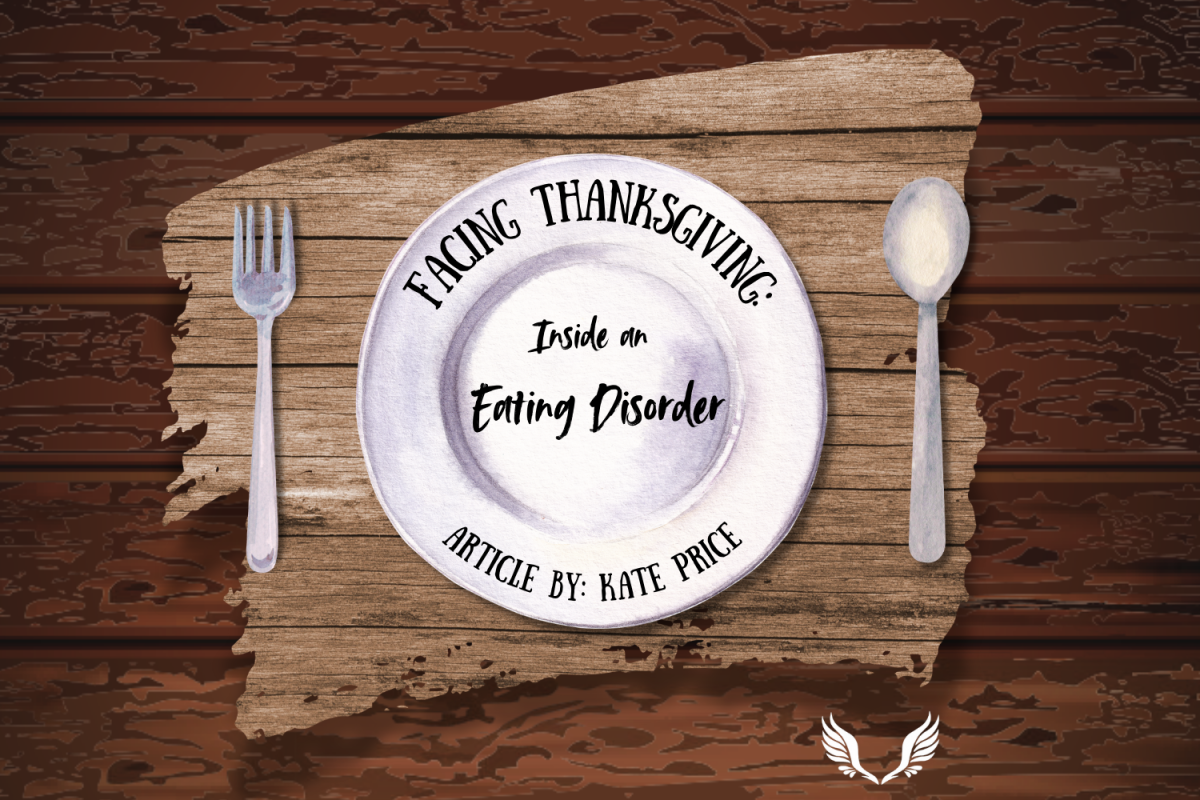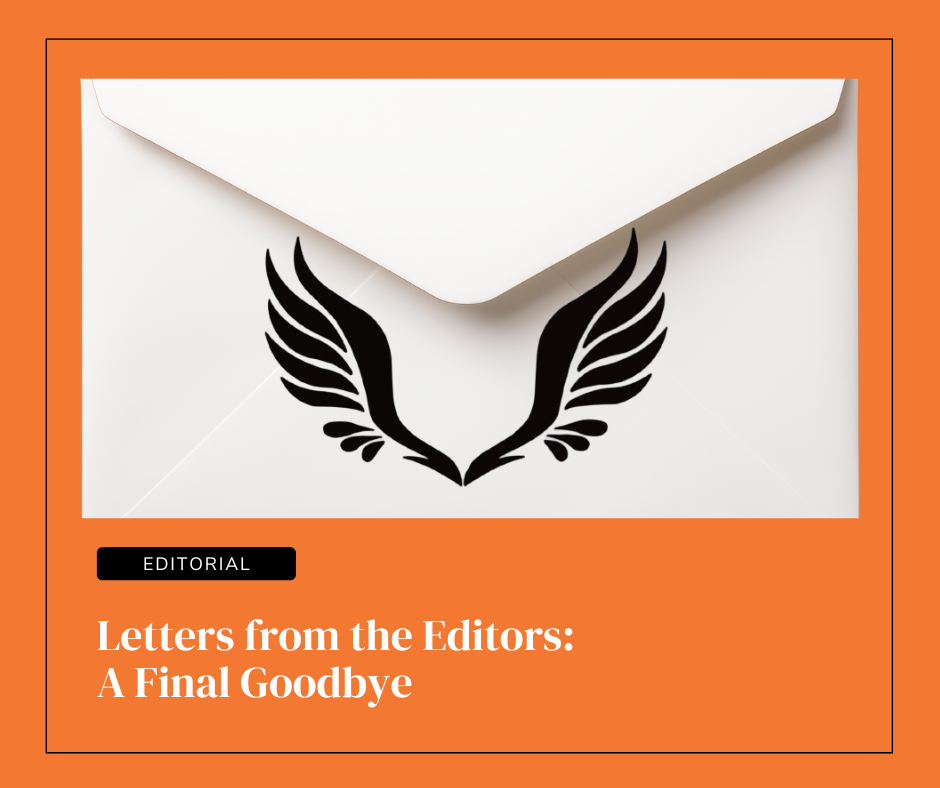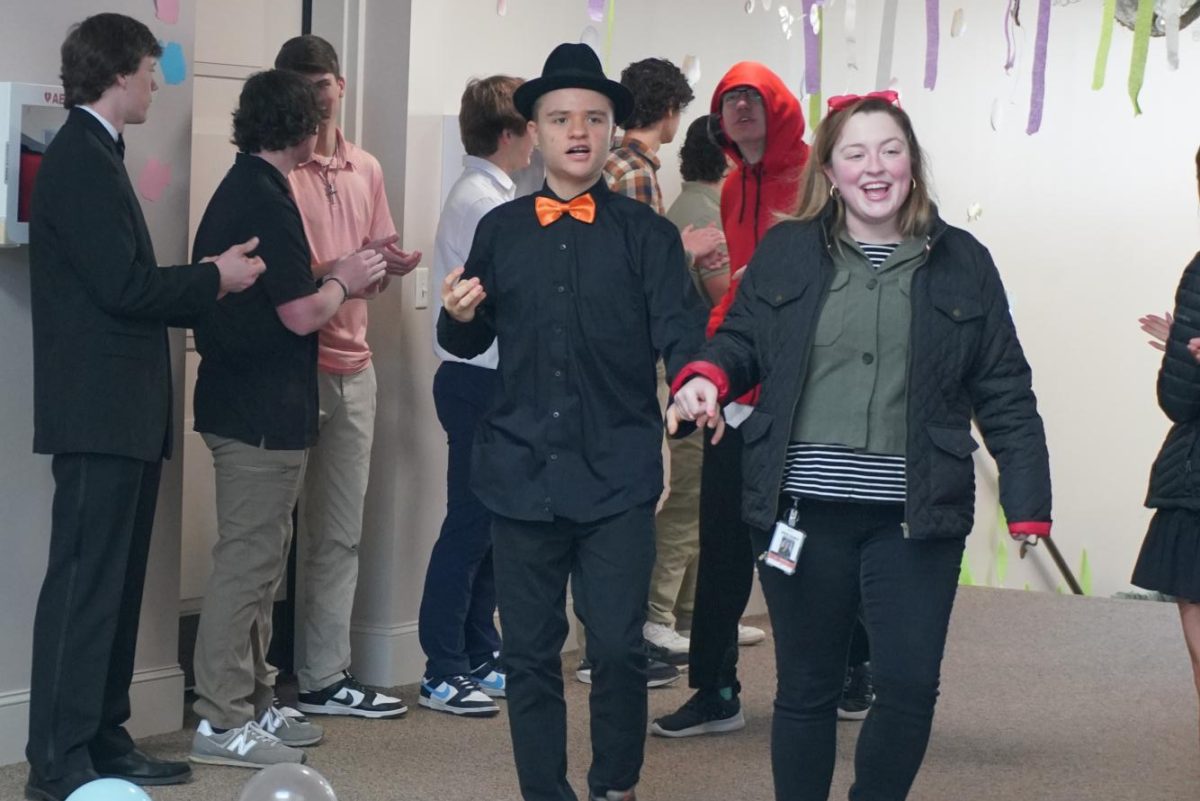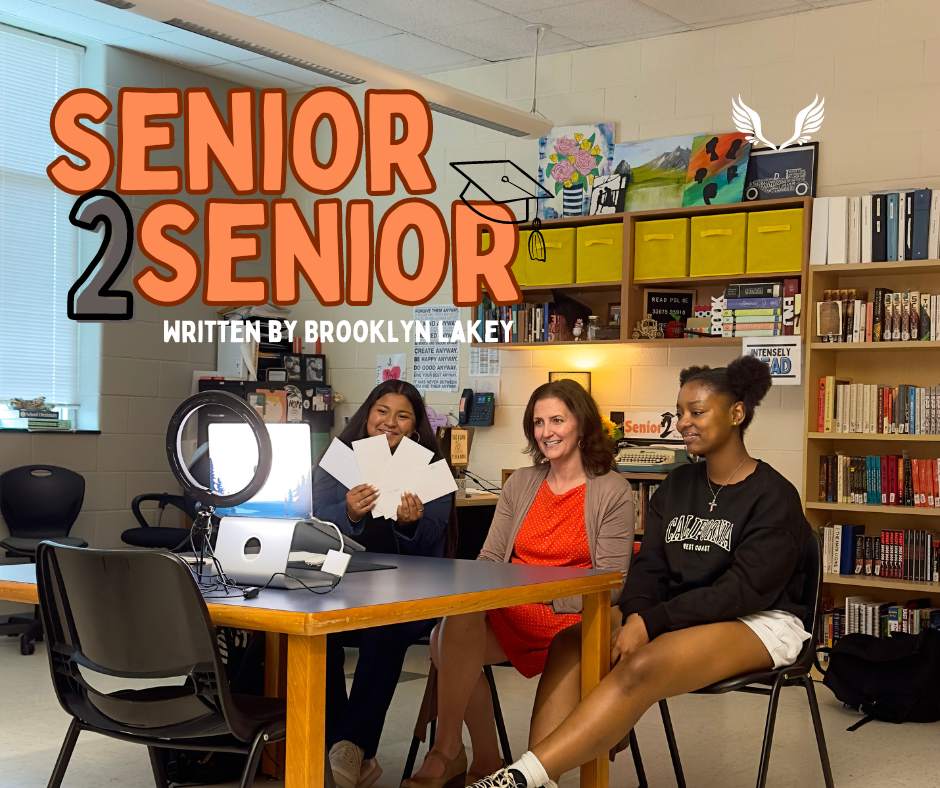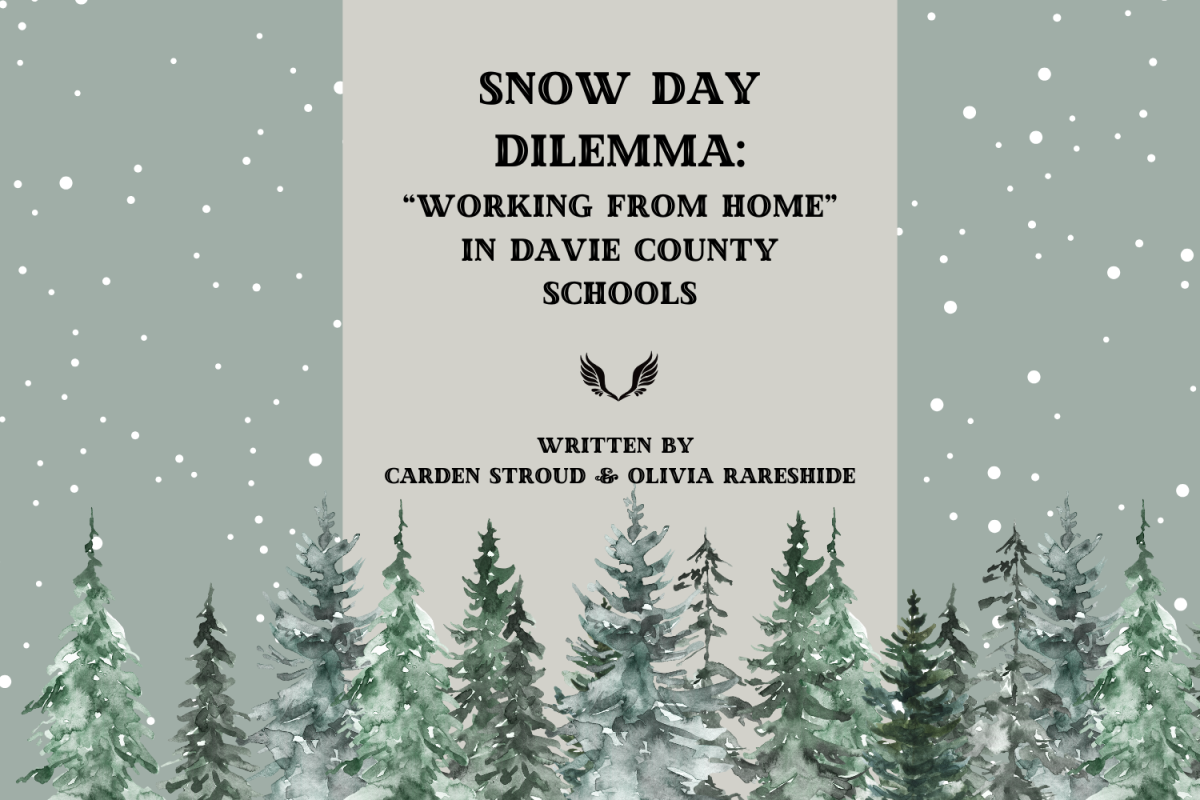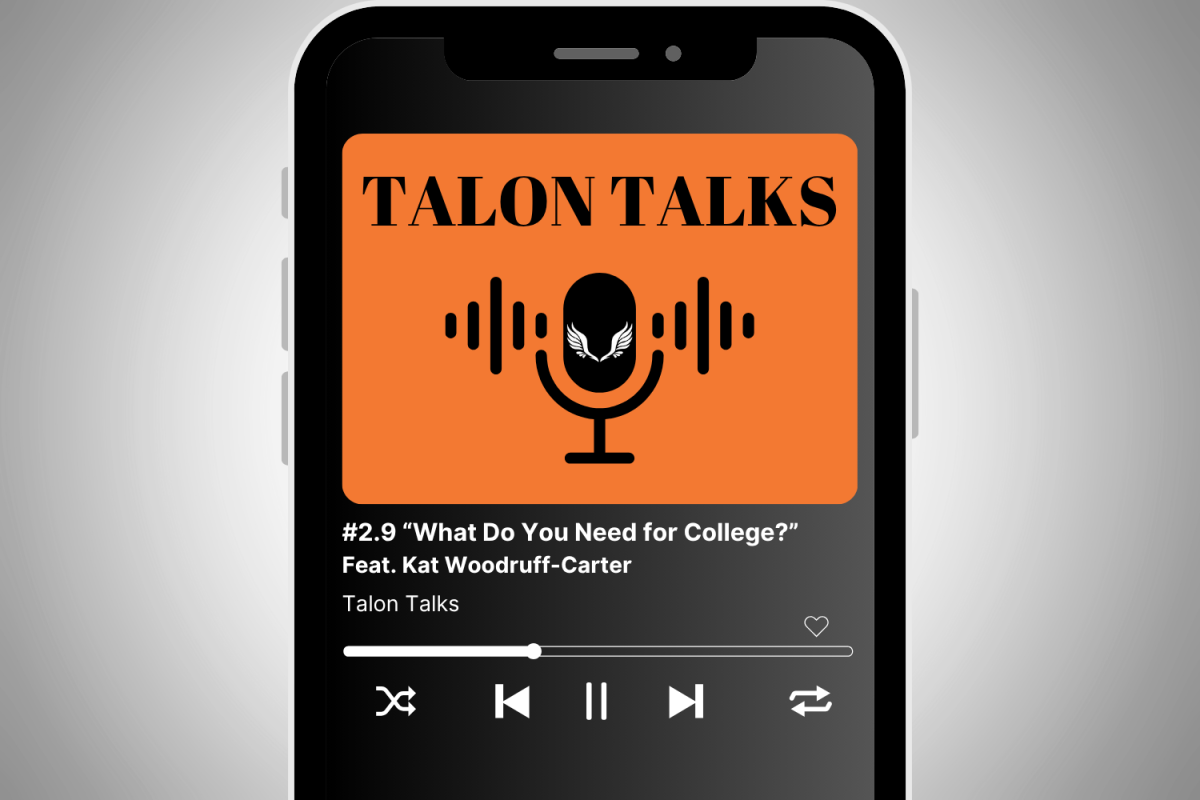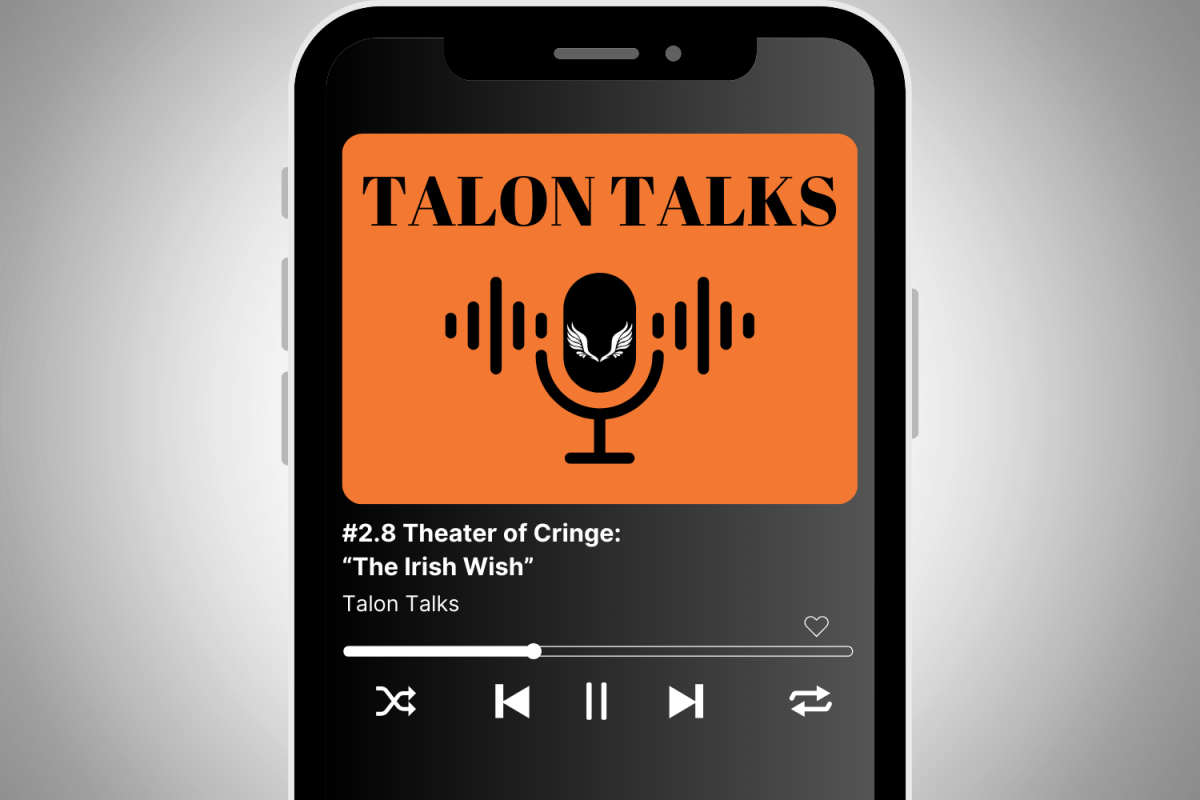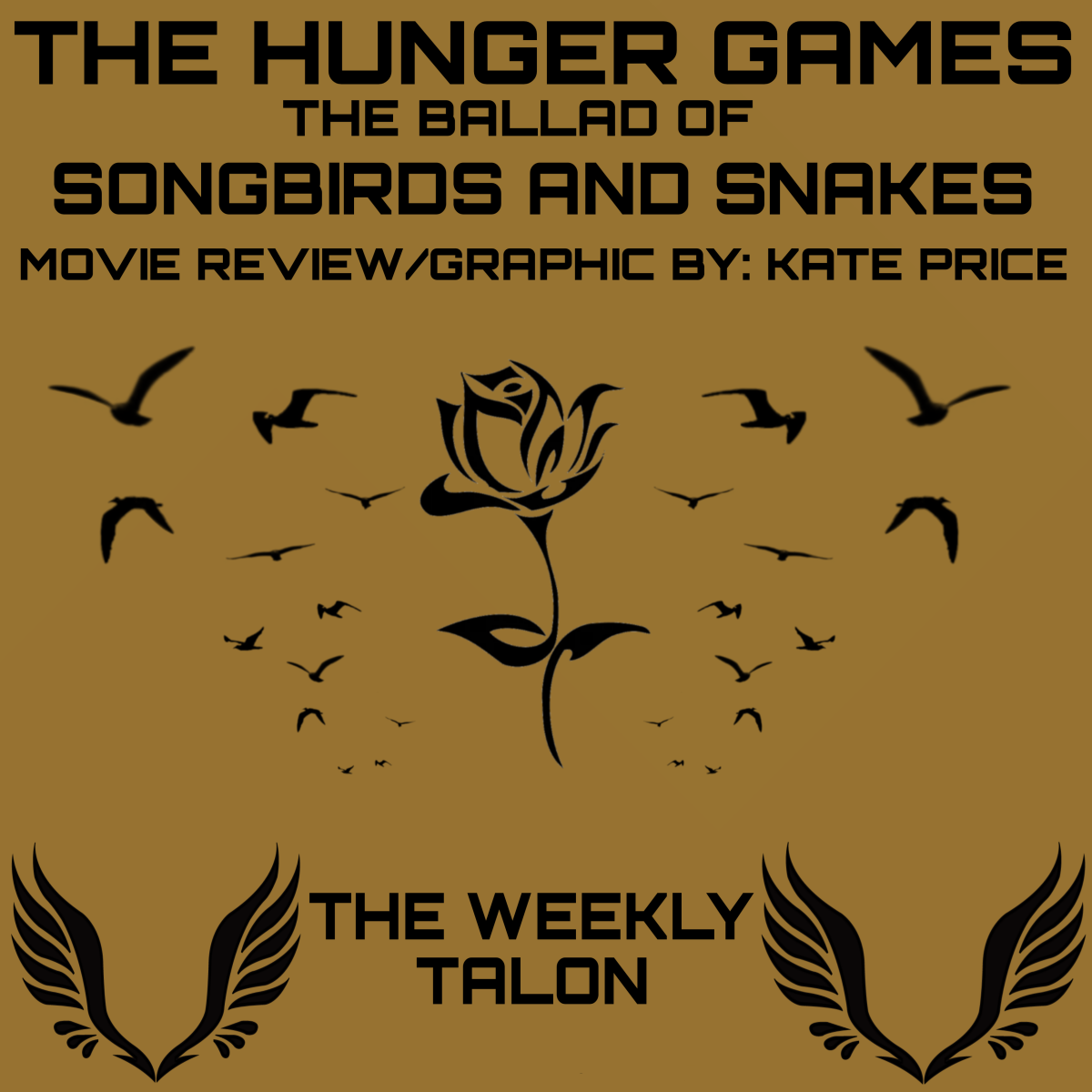We’ve heard Katniss Everdeen’s side of the story. The brave volunteer from District Twelve, winner of the 74th Hunger Games, and face of the second rebellion against the Capitol of Panem. However, what about the antagonist, President Snow?
Set 64 years before Katniss’ victory, The Ballad of Songbirds and Snakes follows Coriolanus Snow’s descent into madness. Readers undergo a rollercoaster of emotions throughout Suzanne Collins’ 517-page prequel to The Hunger Games trilogy. Though, as of November 17th, readers have become viewers with the release of the movie adaptation.
Born into the original rebellion, 18-year-old Coriolanus Snow (Tom Blyth) is chosen to mentor a tribute in the Districts’ annual punishment, known as the Hunger Games. Lucy Gray Baird (Rachel Zegler), the lead singer of District Twelve’s Covey, fills the role. An unruly side of Snow is revealed through multiple mishaps that occur before, during, and after the Games. Consequences are faced, relationships are either reaped or ruined, and ends are met. Or are they?
Undoubtedly, director Francis Lawrence outdid himself with this movie. Not only has it grossed over $200 million at the worldwide box office, but it also earned an 89% audience rating on Rotten Tomatoes. Even the songs were hits, with Rachel Zegler’s version of “The Hanging Tree” reaching almost 7 million streams. Nonetheless, what makes this movie so good?
Well, many factors played into the success, one of them being the prior knowledge returning viewers have. Those who have watched or read the original trilogy know that Snow was the antagonist of the series. In the prequel, he’s the protagonist. The contrast of viewpoints and earlier setting draw fans in, wondering how Snow became the psychopath they all know him to be. Additionally, the order of events allows new fans to watch the prequel first, which draws in even more viewers. However, this isn’t the best idea.
Without watching the movies in the order they were released, many references/resemblances are lost. In The Hunger Games, Katniss lays flowers over Rue’s body to honor her. In The Ballad of Songbirds and Snakes, someone sprinkles breadcrumbs over another’s body for similar purposes. Furthermore, surround sounds were replaced with a dull ringing for both Lucy and Katniss during the Cornucopia Bloodbath. Fans even found easter eggs, such as a camera shot of a disregarded bow and arrow (which is Katniss’ preferred weapon) in Lucy Gray’s arena for the Games. These hints engaged returning members of the audience, while the rest only had the plot to follow.
The representation also distinguishes this movie from most. Sofia Sanchez, who is diagnosed with Down syndrome, portrays District 8’s female tribute Wovey. Characters Bobbin (Knox Gibson), Tanner (Kjell Brutcheidt), and Dean Highbottom (Peter Dinklage) also display amputation, an eye condition, and dwarfism. Many different ethnicities are also seen throughout the cast. Clemensia Dovecote (Ashley Liao) is Taiwanese American, Knox Gibson is German, and even leads Lucy Gray and Sejanus Plinth (Josh Andrés Rivera) are Polish-Columbian American and Puerto Rican. These roles all vary in importance, which shows tacit equality when it comes to disabilities and ethnicity in this dystopian society. The only prejudice displayed in the franchise is class oppression, which is seen when comparing the Capitol to the Districts. The Capitol is considered upper class; Districts 1-4 are mostly middle class; and the remaining districts are lower class. However, the drastic differences between these classes only add to the plot.
But the ending was arguably the best part of the book. It was shocking, it was frustrating, and it got the audience wondering what transpired in those woods. Director Francis Lawrence tells Entertainment Weekly, “We tried to make everything add up as much as possible, even if there’s some mystery left.” Similar to William Wordsworth’s poem “Lucy Gray,” which is featured in the songs “Lucy Gray” parts one and two, viewers are left to invent their interpretations of the ending. To add the cherry on top, Olivia Rodrigo’s song “Can’t Catch Me Now” beautifully captures that mystery during the end credits.
Unfortunately, very few movies are perfect. Though the movie is great by itself, many details are altered or cut in the transition from book to movie. Minor characters such as Pluribus Bell, who helped Snow’s family with their financial issues, are lost. Even existing characters lose screen time. This can include Snow’s fellow mentors, peacekeepers, and the covey. The deaths were also adjusted. The 10th Hunger Games stands out for the multiple casualties that occurred before the Games. In the book, this includes thirteen mentors and tributes. In the movie, this only includes seven. Meaning not only were the deaths altered, but the events before and after.
The absence of Snow’s inner dialogue was not helpful. Without knowing his direct thoughts and feelings, viewers are left in the dark. For example, in the book Snow has a hatred for Mockingjays. In the movie, viewers have to possess keen media literacy to pick up on that. Eventually, this detail proves to be crucial in understanding the title, seeing as Lucy Gray is referred to as the “songbird” and Snow the “snake.” This absence only grows in importance as the movie progresses.
Everyone should watch this movie at least once in their lifetime. Although the experience is more enjoyable when the trilogy has been watched beforehand, the plot, acting, music, and representation are enough to capture anyone’s attention. The storyline was well thought out with the minor details incorporated, let alone empowering with its exaggerated class oppression relating to our current society. To quote Coriolanus Snow, “Snow lands on top.”
Final rating: 4 out of 5 stars

